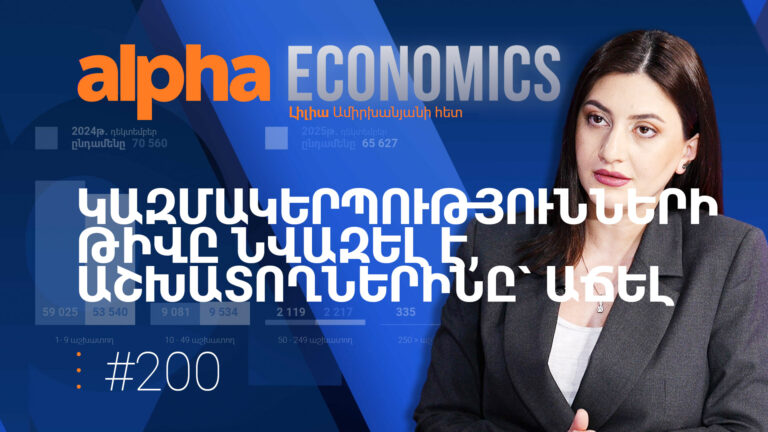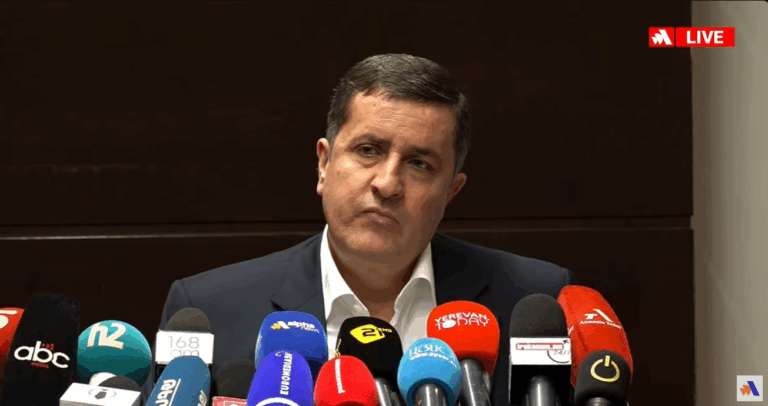BRICS presented its development roadmap
October 25 2024, 16:00
A more just and democratic world order, a multilateral world, greater representation of all countries and regions, and criticism of sanctions, including secondary. These principles were the main focus of the BRICS Summit on October 22-24 in Russia’s Kazan, which included the BRICS Plus format. The key achievement of the summit is the Kazan Declaration, in which 143 paragraphs cover political, economic, and security issues.
When it comes to the economy, the situation is quite curious: at least we can state that the BRICS countries in the global economy have once again emphasized great ambitions, outlining a roadmap for further development.
Several important points that concern economy are highlighted below:
– Facilitate trade between countries. Enhance tax cooperation between the countries and create unified BRICS statistics
– Reform the Bretton-Woods institutions with the central role of the IMF but with increased participation of developing countries in the global economy
– Negative impact of unilateral sanctions was noted
– New investment platform of the New Development Bank: BRICS welcomes new shareholders of the bank, including friendly Iran
– Within the framework of the multilateral open trade system, there is a joint struggle against unilateral protectionist measures that are inconsistent with the existing WTO provisions
– Increase the turnover of precious metals
– Digitalization processes for socio-economic development and growth
– Unified transport system. Multimodal logistics between participants will be discussed later
– Russia proposes grain exchange. BRICS supports the creation of this and other commodity platforms
– Activation of financial interaction
– Unified payment system
The latter is very important and, at the same time, difficult. At the summit, it was decided to create platforms for exchange in national currencies.
Thus, the BRICS has indeed applied for a serious position in the global economy, the realism of which is emphasized by some statistical data: this group of countries accounts for 22% of world trade, almost 36% of world GDP, more than half of the population, and so on.
The BRICS direction is also important for Armenia, not only because it has great potential in itself but also in the context of very large economic ties with some member countries.
Armenia-BRICS relations and opportunities are a matter for future discussion.







